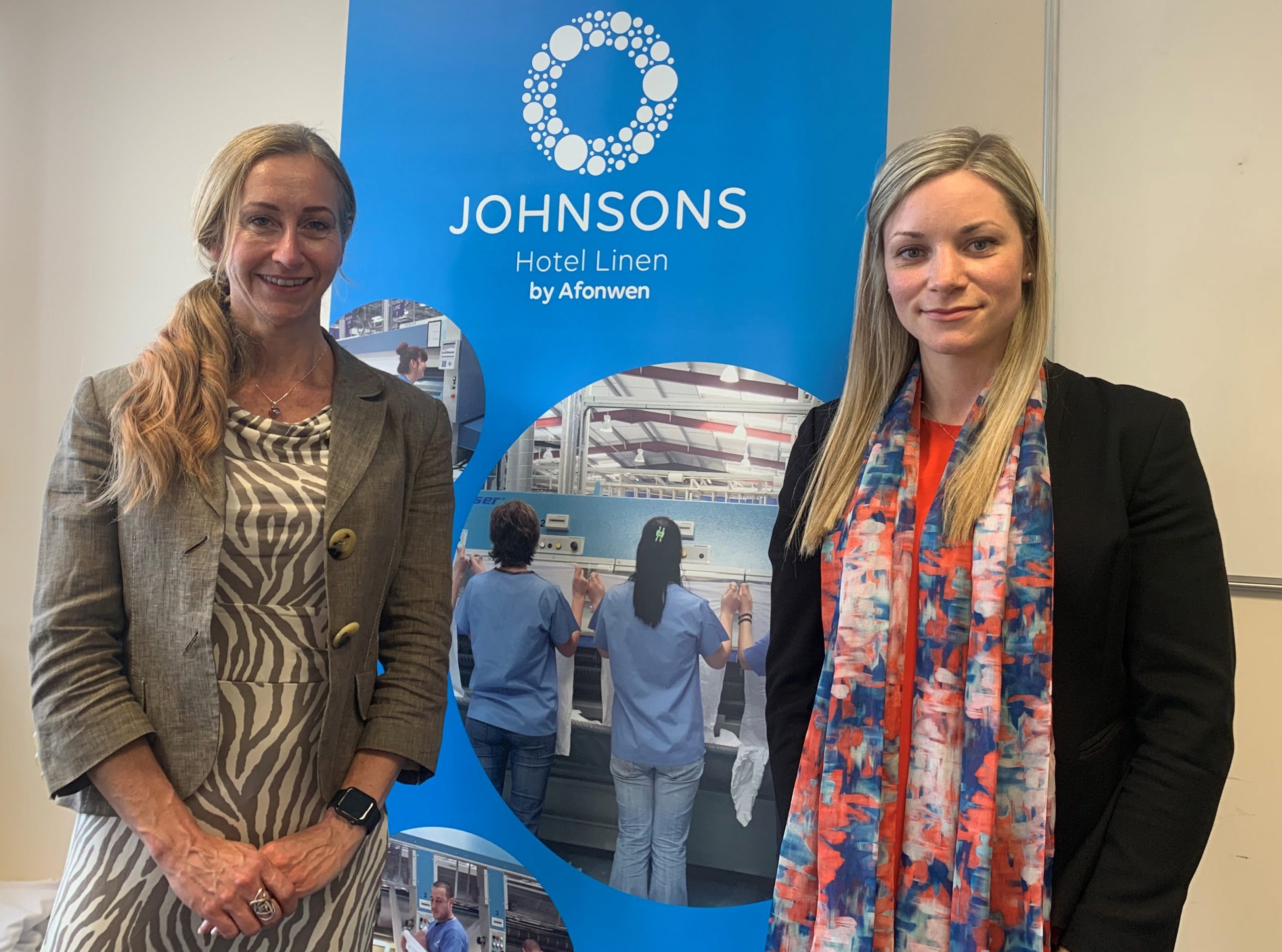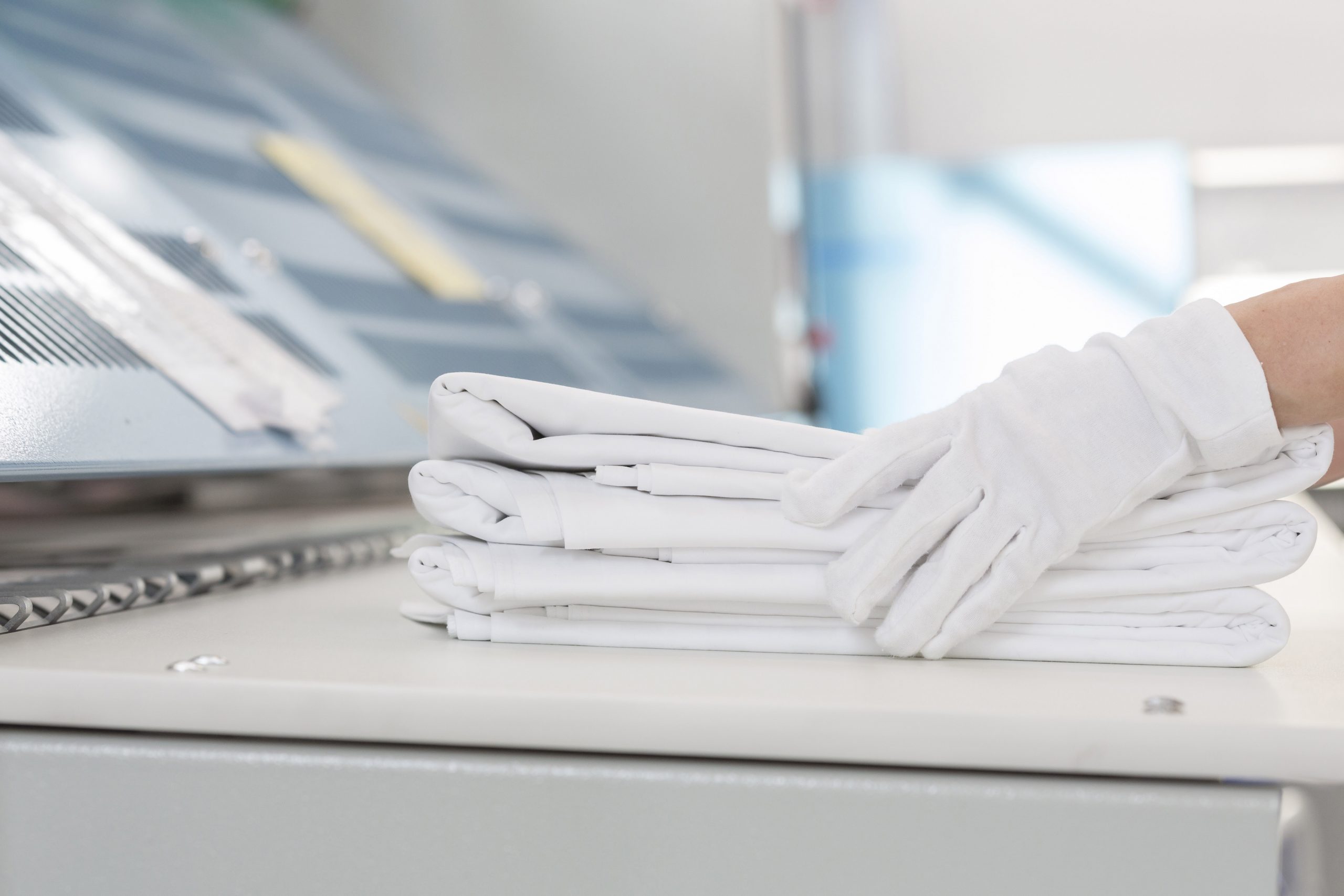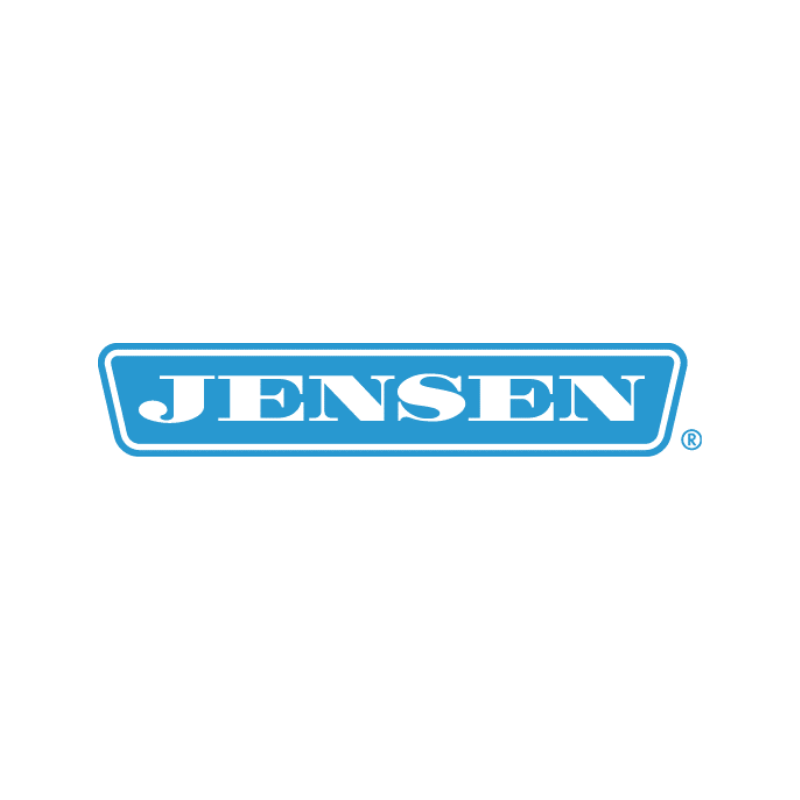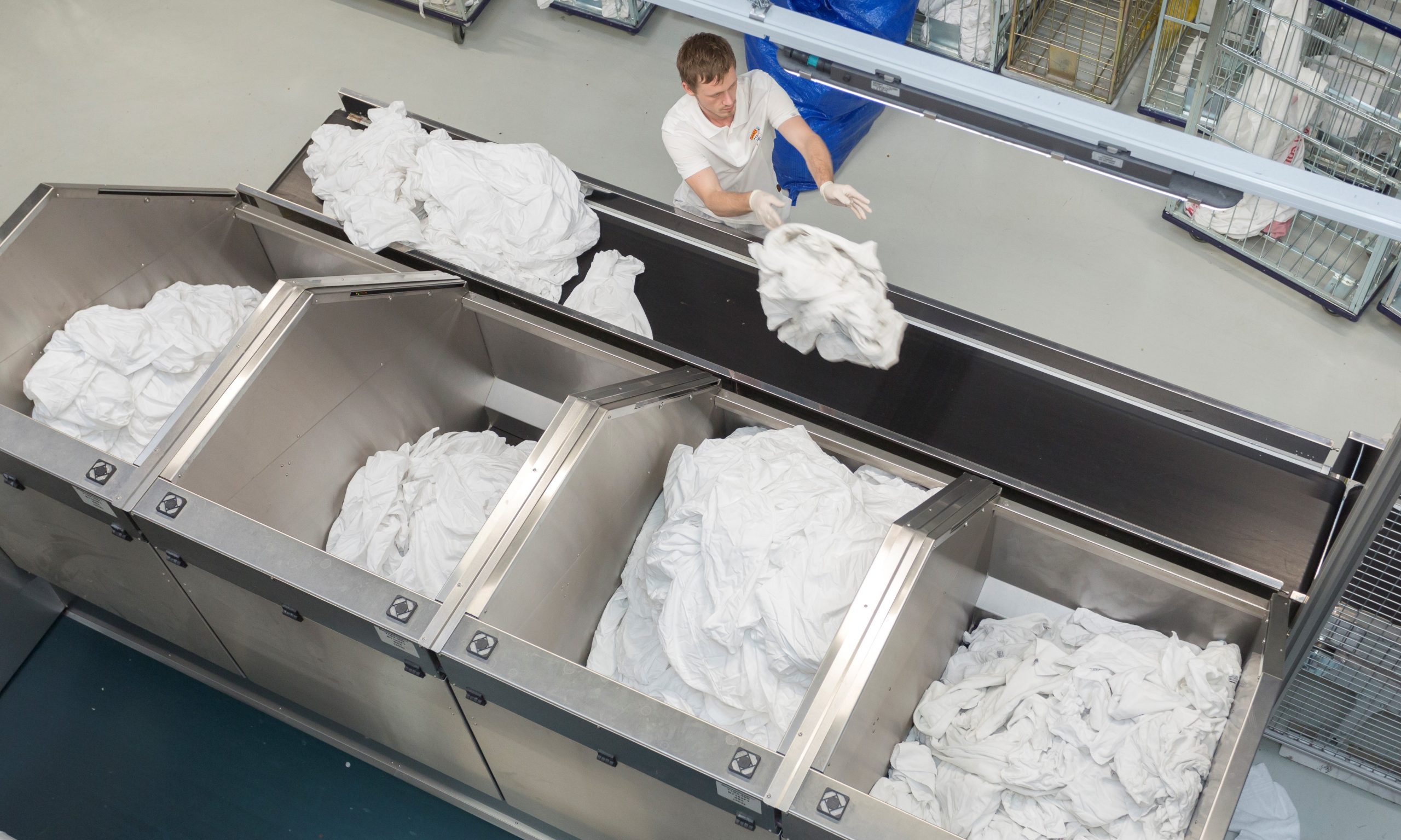IT’S BACK AND IT’S BOLD: TSA CONFERENCE 2021
Diversity, sustainability, HR, Covid, and more on exceptional conference programme
It’s live, in person: the TSA Conference returns, after a hiatus of 24 months, in September 2021. Taking place at the Ardencote Hotel and Spa, Warwickshire, 28-29 September, this is the TSA’s first live conference since Autumn 2019, following the cancellation of the Spring 2020 event due to Covid. So there’s plenty of catching up to do and the conference agenda offers an exceptionally bold, strong and insightful programme.
With its Diversity and Inclusion campaign very much in mind, the TSA has secured an outstanding speaker for the keynote address. Nigel Owens MBE is widely regarded as Rugby Union’s best ever referee. He was also the first openly gay man to come out in professional rugby. He’ll talk about diversity, equality and mental health and his presentation is not to be missed.
Need advice on the subject of negotiation? Whether with employees, business partners or customers, for people in the know Suzanne Williams QPM is the go-to choice. The former Scotland Yard detective has worked with governments at the highest level in cases of kidnap and abduction. She’ll bring all her experience and expertise to explore the themes of listening effectively and how to get the best outcomes out of business situations.

Olivia Flattery’s presentation covers HR, keeping compliant and getting the most out of your team. She’ll also give Conference an update on the latest HR trends and regulations, as well as talking about her role with the TSA, providing members with HR support.
Sustainability is a key challenge for the textile industry and Matt Hanrahan, CEO of Reskinned Resources, will outline plans to provide a 100% solution to textile recycling. Reskinned has been working with the TSA to develop the circular textile economy, using innovative recycling processes.
Adding to the Conference mix is a variety of shorter, informative presentations covering subjects as diverse as textile industry knowledge networks and public relations. There will also be a panel discussion covering Covid.
The main conference is on Wednesday 29th September. On Tuesday 28th the TSA will host the industry dinner including entertainment, with a debut gig for the industry band ‘Mark Stains and the Rejects.’
For more information and to book spaces, visit the events section. Places are limited so early booking is strongly recommended. Costs are £80 for the conference only and £120 for the conference and dinner. For accommodation contact the Ardencote Hotel direct. TSA has secured a room rate of £90.
If you have any queries, please do not hesitate to get in touch with us either via email or phone:
T +44 (0) 20 3151 5600
Diversity and Inclusion: TSA calls for action
Commercial laundries commit to re-balancing the gender and racial ratios
“The numbers speak for themselves – in commercial laundries, on the shop floor, the gender balance is 50:50. At board level it’s 80:20, in favour of men,” says Emma Andersson, membership manager of the Textile Services Association (TSA), which represents commercial laundries. “The race ratio figures also are being reviewed and we expect to see a similar imbalance.”
The TSA is launching a series of initiatives designed to help re-balance the industry, to get more women and BAME employees into management and board positions. The association has established a Diversity and Inclusion working group. Its vision is to change the face of the industry, pushing a more diverse and inclusive approach, where balanced leadership is the new norm. Andersson is taking a leading role in the initiative. “By educating and empowering individuals we can create an environment where everyone can thrive.”
The TSA is backing its concept with action. At a recent Diversity and Inclusion workshop, attended by directors and managers representing commercial laundries across the UK, a series of tools and strategies were discussed that could be initiated within their own organisations. The workshop was led by the CBI’s head of diversity and inclusion, Adeife Onwuzulike. Areas that were considered included what language to use, unconscious bias, data collection, and the need for leaders to engage in and encourage the process.
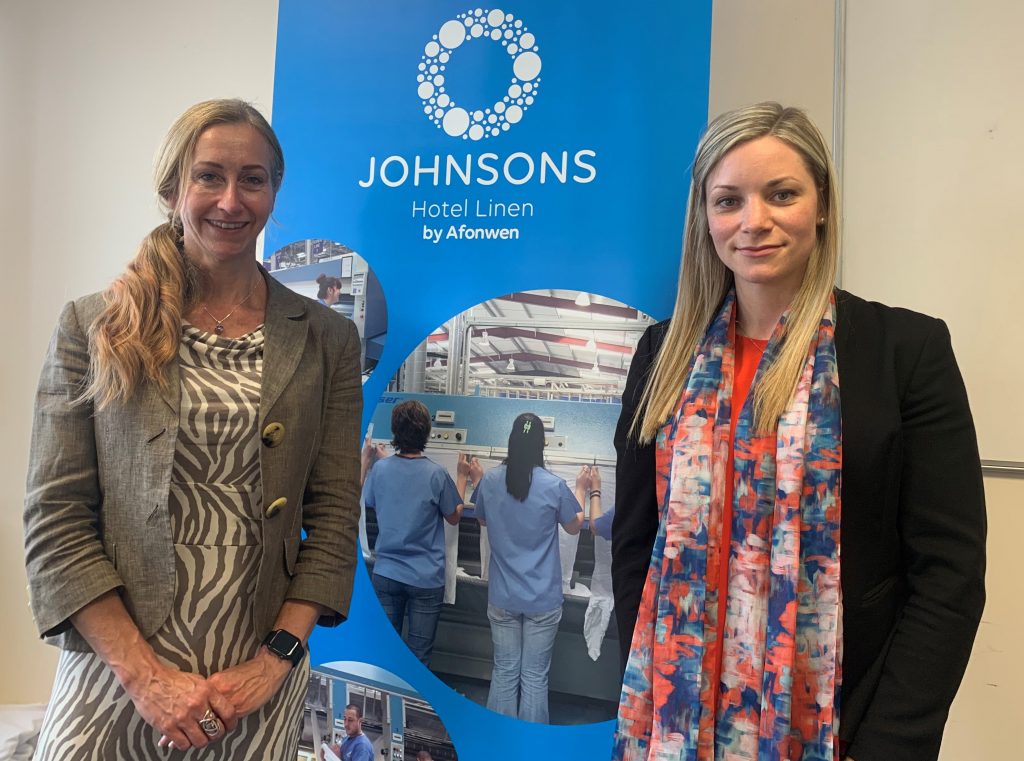
“Over 70% of the industry was represented at the workshop and the feedback has been 100% positive,” says Andersson. “I am delighted that members are on board with the initiative and acknowledge the action that needs to be taken.”
Rebecca Morgan is head of HR at Johnson’s Hotel Linen and is on the TSA’s Women in the Industry Group. She says, “We at Johnsons Hotel Linen are proud to support the TSA’s project groups on Women in the Industry and Diversity and Inclusion. The TSA has recognised that, as an industry, we need to promote and encourage representation across all levels of the business. We are keen to fully support the Association on this journey.”
In other moves, the TSA signed up to the CBI’s ‘Change the Race Ratio’ back in November 2020. Now the association is undertaking an industry survey to get a proper understanding of the situation. Once that’s analysed, TSA will be using the information to focus on areas where a positive change can be achieved.
At the upcoming TSA Conferences and events there will be more focus on a diverse guest speaker programme, and profiles of successful inclusion stories will be shared. There will also be a drive to get women and BAME employees to attend, as well as a campaign to encourage them to take part in training courses to advance their careers and personal development.
“We have to acknowledge that there is work to be done here,” says Andersson. “These are the first steps on a long journey. But we are moving in the right direction.”
If you have any queries, please do not hesitate to get in touch with us either via email or phone:
T +44 (0) 20 3151 5600
TSA OFFERS UKHOSPITALITY ADVICE ON TEMPORARY LAUNDRY SUPPLY ISSUES
The situation is getting better; meanwhile Association works with CBI to lobby government
The Textile Services Association (TSA) has wholeheartedly celebrated the bounce back of the hospitality industry, saying that commercial laundries have seen a dramatic increase in demand. However, it has warned that while the recovery is welcomed, it is bringing supply issues. Consequently it has partnered with UKHospitality to issue advice for hospitality operators covering some temporary actions they can consider to alleviate the pressure on their laundry provider.
“The problem is that we’ve been asked to jump from dead slow to full speed overnight,” says David Stevens, CEO of the TSA. “To be fair, we’ve been warning that there could be issues for several months. The total lack of government support for the laundry industry means some of our members are really struggling with staffing, the shortage of drivers, supply chain issues, capacity issues due to operating covid-secure factories, and so on.”
Here is the TSA’s advice on temporary actions hospitality operators can take to support their laundry providers:
- Talk to your laundry provider to consider how to manage the situation and temporarily reduce your linen requirements. For example:
Encourage multi-night stays
Review bed change policy
Reduce linen required for room make up
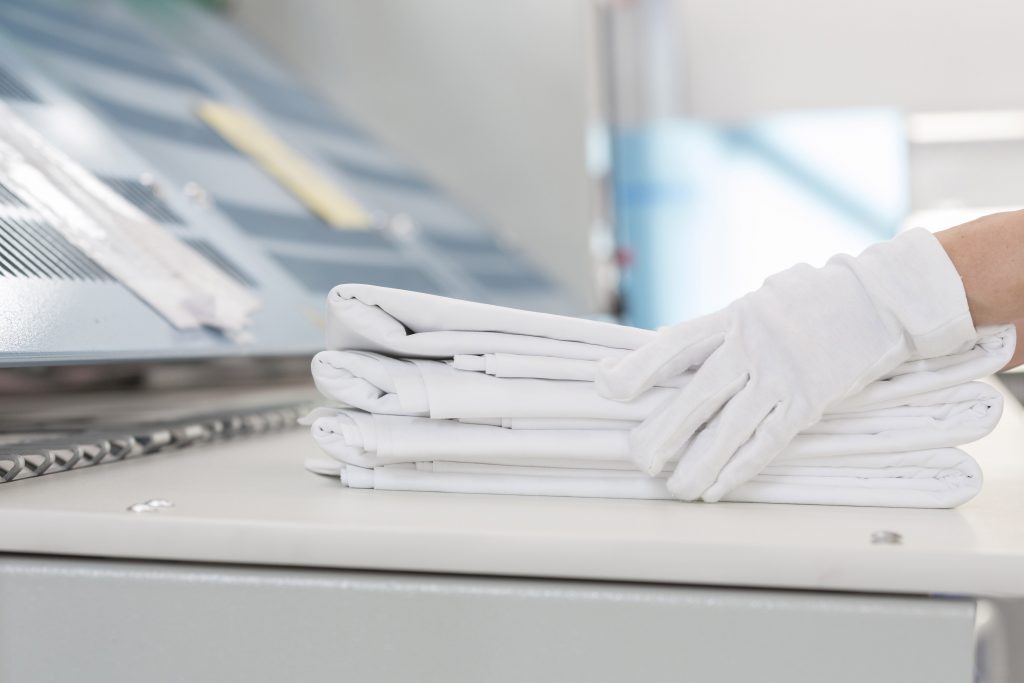
- Sell up to the occupancy levels your laundry supplier can deliver linen at
- Send back any unused stock
- Keep the laundry informed of upstream occupancy levels
- Give plenty of notice for events and F&B requirements, such as weddings
- Understand some laundries may have cash flow issues; prompt payment may really help
- If possible, give the laundry time to adapt to the increase in demand
The TSA says that the laundry supply issues are not being felt throughout the UK – some regions have been able to get up to speed more quickly than others.
“Where supply issues do exist, we expect the situation to improve rapidly over the coming weeks,” says Stevens. “With good communication and cooperation, we expect laundries to recover quickly. We are incredibly grateful for the hospitality industry’s understanding during this difficult time.”
In common with many other sectors, especially the hospitality industry, laundries are struggling with staffing issues – a combination of problems created by both the pandemic and Brexit. The TSA is working with the CBI to lobby government to get laundry operatives to be added to the Shortage Occupations List.
If you have any queries, please do not hesitate to get in touch with us either via email or phone:
T +44 (0) 20 3151 5600
Update from the TSA
David Winter takes over from Ian Stubbs as General Manager JENSEN UK

26 May 2021
Ian Stubbs has been very successfully managing JENSEN UK for the past 15 years. He has now been promoted to Head of Large Projects for the JENSEN-GROUP, as of June 1. His position as General Manager JENSEN UK will be taken over by David Winter, also as of June 1.
David will soon move with his family to Oxfordshire that he left in 2006 when he accepted a position with JENSEN USA. He has been the General Manager of JENSEN Middle East since 2015, overseeing all sales and service activities in the area.
“I am thrilled to be heading JENSEN UK and to work with my new team to support all our customers in the UK and Ireland, I look forward to being back home” confirms David Winter.
For further information visit:

Mental Health – Resources Available
Hygienically Clean: TSA and UKHospitality Campaign to Help Hospitality Re-Open Safely
Research shows laundering kills Covid-19 – but effective soiled/clean segregation is essential
As the hospitality industry comes to terms with the latest advice on hygiene and Covid-19, the TSA (Textile Service Association) has updated its Hygienically Clean Linen campaign. The TSA represents commercial laundries serving hospitality and the campaign is being run in association with UKHospitality. The two associations have established joint guidelines designed to help hotels, restaurants and other sites that use a laundry service, or have an onsite laundry, to understand the latest advice and regulations.
The campaign also includes marketing materials that will help operators allay any concerns that their guests and customers may have concerning the hygiene of textiles such as bed linen and towels.
A key addition to the campaign resources is related to research undertaken by De Montfort University (DMU), and supported by TSA, which looked into Covid-19’s survival rates on textiles and how the laundry process affected them. It found that Covid-19 can survive on cotton for up to 12 hours and on polyester for up to 72 hours. The good news is that Covid-19 is killed in all washing processes above 40°C with agitation and detergent. However, a key consideration has to be cross contamination – it’s essential that dirty and clean linens are segregated effectively, to avoid any possible infection transfer.
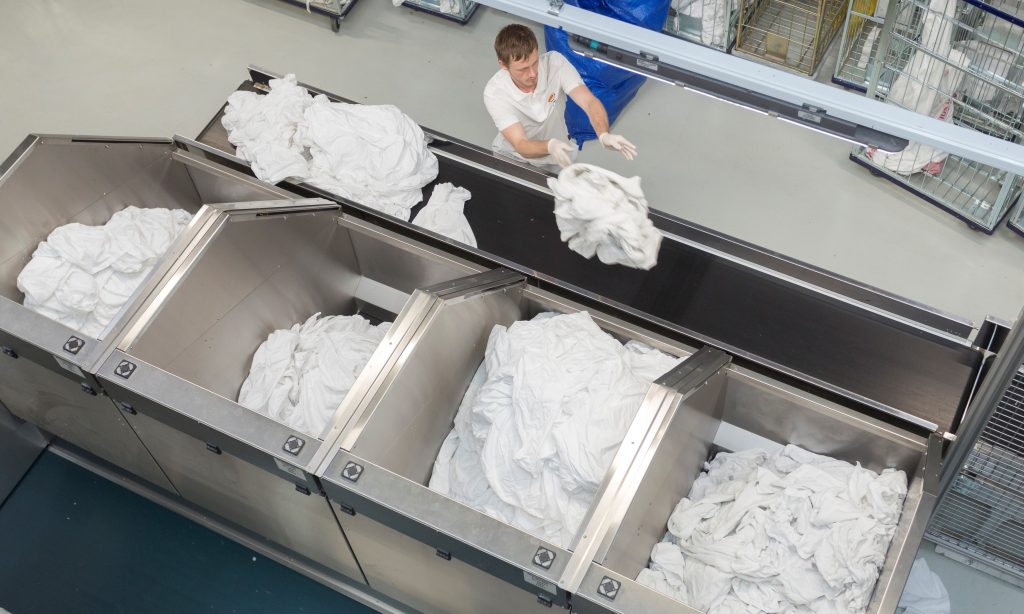
“TSA safety guidelines manage cross-contamination, and all commercial laundries will segregate soiled and clean linen,” says David Stevens, CEO of the TSA. “If you are operating an onsite laundry it is essential to set up segregation and cross-contamination procedures.
“Soiled to clean contamination is the highest risk area – it’s where critical control points are vital.”
Key to the successful reopening of the hospitality sector is making customers feel safe and secure. That’s why the Hygienically Clean campaign includes the Rest Assured Scheme, which includes marketing material that TSA laundries can give to hospitality operators to display, verifying that their linens and towels have been hygienically processed.. There are different versions of the literature for different sectors, such as hotels, restaurants and leisure facilities.
“We want to help the hospitality industry re-open and understand some guests may have been worried about the hygiene of the bedroom linens and towelling,” says Stevens. “The Hygienically Clean campaign underlines and explains the research and the procedures we have implemented. In simple terms, the key message to consumers is, “It’s safe to go and enjoy the hospitality services we have all missed for so long. You can sleep well!”
The Hygienically Clean guidance and documents are available to download from the Covid Resources section. For marketing materials, hospitality operators should talk to their laundry service supplier. If you have any queries, please do not hesitate to get in touch with us either via email or phone:
T +44 (0) 20 3151 5600
Update from the TSA
Government hangs hospitality laundries out to dry. Again.

“Everyone agrees that we should get support, but we still get nothing,” pleads TSA
The restart grants are great news for hospitality and other businesses – but not for commercial laundries. Yet again the laundries that hospitality relies on have been ignored by government. Now the TSA (Textile Services Association), which represents commercial laundries in the UK, has written to BEIS (the department of Business, Energy and Industrial Strategy) to demand an explanation.
“We didn’t get lockdown grants, we didn’t get business rates relief, we didn’t get the VAT reduction,” says David Stevens, CEO of the TSA. “Now we’re not getting the restart grants, either. It’s like Groundhog Day, only much worse.
“We’re suffering, we need support, and we’re not getting it, while other business are. It’s so unfair.”
Stevens points out that the commercial laundries that supply the hospitality industry have seen their business drop by 90% or more. “We just need to know why we’re being ignored,” he says.
Here is the text of the TSA’s letter to Kwasi Kwarteng MP, Secretary of State for Business, Energy and Industrial Strategy:
Dear Mr Kwarteng,
I draw your attention to a statement that our members are receiving every time they apply to their Council for any form of rate relief or grant support.
“I understand your position and frustration. However, in the guidance that was issued by the Department of Business, Energy & Industrial Strategy, your business does not fall into a qualifying category”
This time it’s the re-start grants. Before that it was the lockdown grants. And the VAT reduction. And the business rates relief. Every time, we get ignored, and we get nothing.
All the Councils agree hospitality laundries have been forced to close. They all agree we should get the grant. They all agree it’s unfair that we don’t get any support. But then they’ve agreed we should have been included in every piece of financial support that other businesses have been offered. But sympathy is all we get. There has been no money forthcoming, the hospitality laundries are always left out.
Until someone in BEIS is brave enough to accept they have got it wrong, the commercial laundry industry will not get the support it deserves and so desperately needs.
We’ve been turned down time and time again. We’ve been hung out to dry.
So, now we need an audience with a decision maker in BEIS so that, at the very least, they can explain why we’ve been singled out for no help from government. Then I can inform the industry as to why we have been excluded.
Without the hundreds of commercial laundries serving hospitality, and the 24,000 laundry operatives they employ, UK hospitality will not be able to operate on 17th May. Hotels, restaurants, sports facilities and many other businesses rely on commercial laundries.
How can you expect laundries to survive without any support when other sectors have received £billions in grants, VAT reductions and rate relief.
Give us support. Please. If not, then at least give us an explanation.
The letter is signed by David Stevens.
If you have any queries, please do not hesitate to get in touch with us either via email or phone:
T +44 (0) 20 3151 5600



